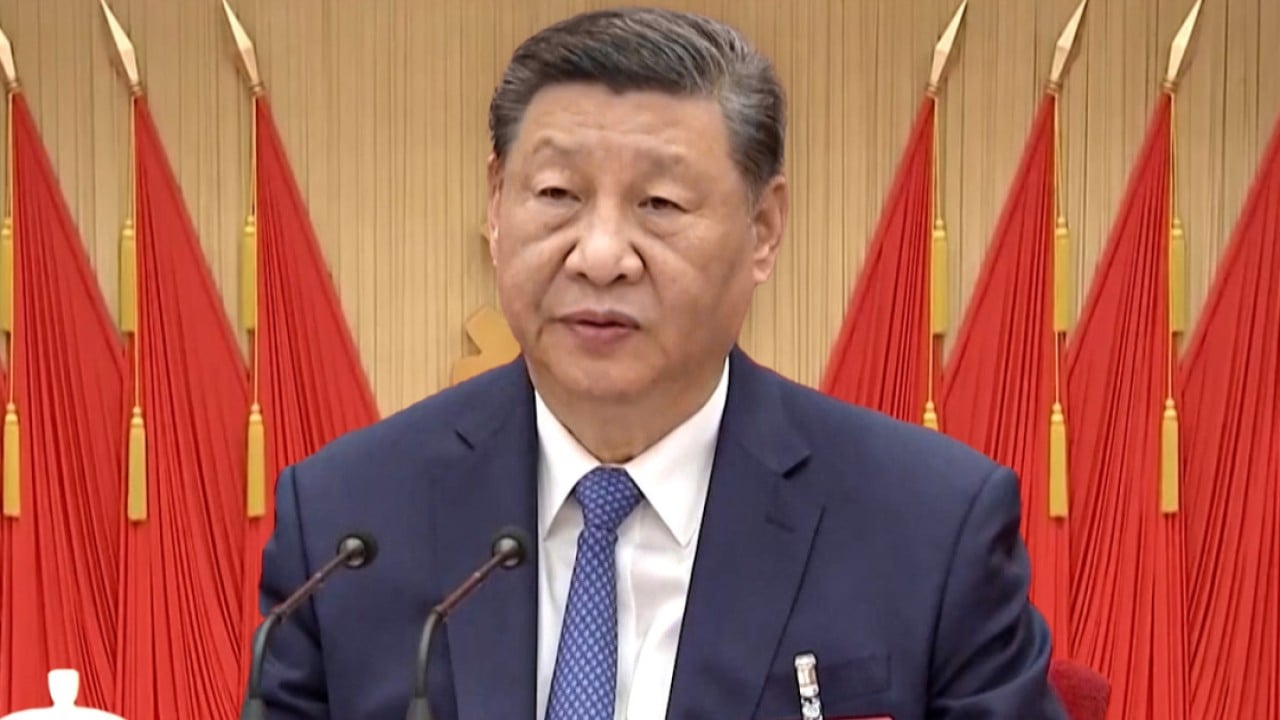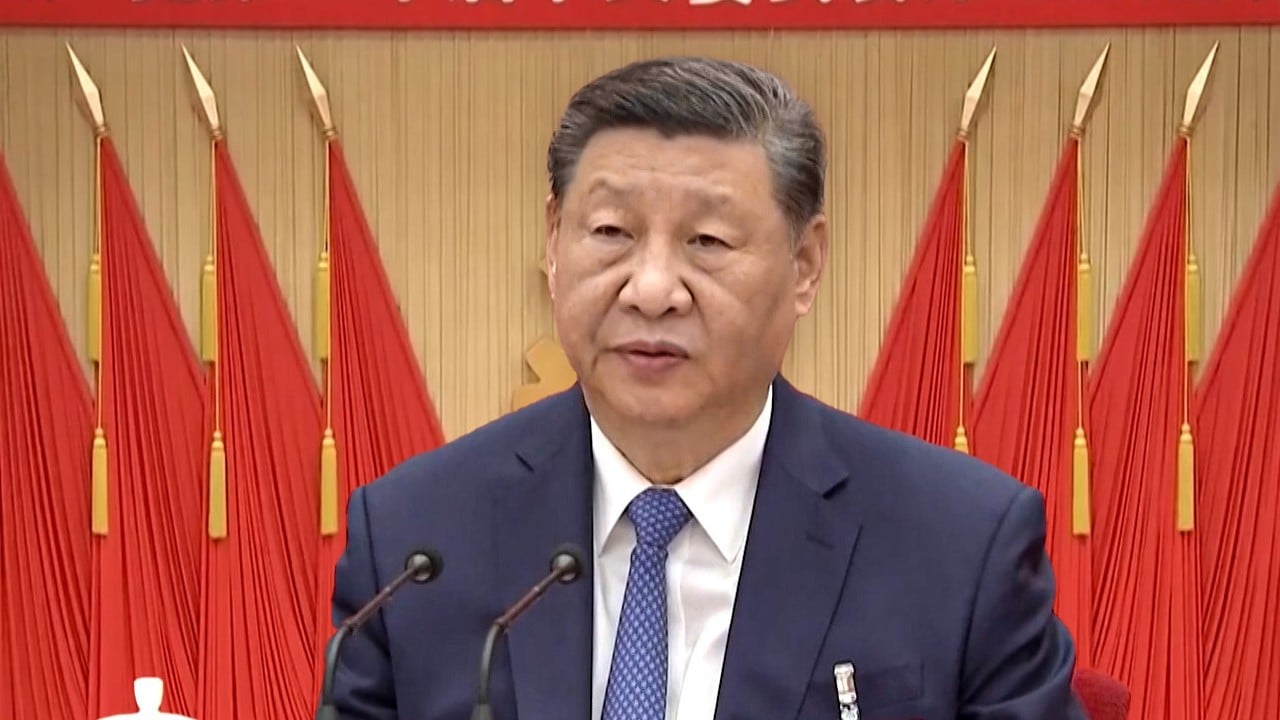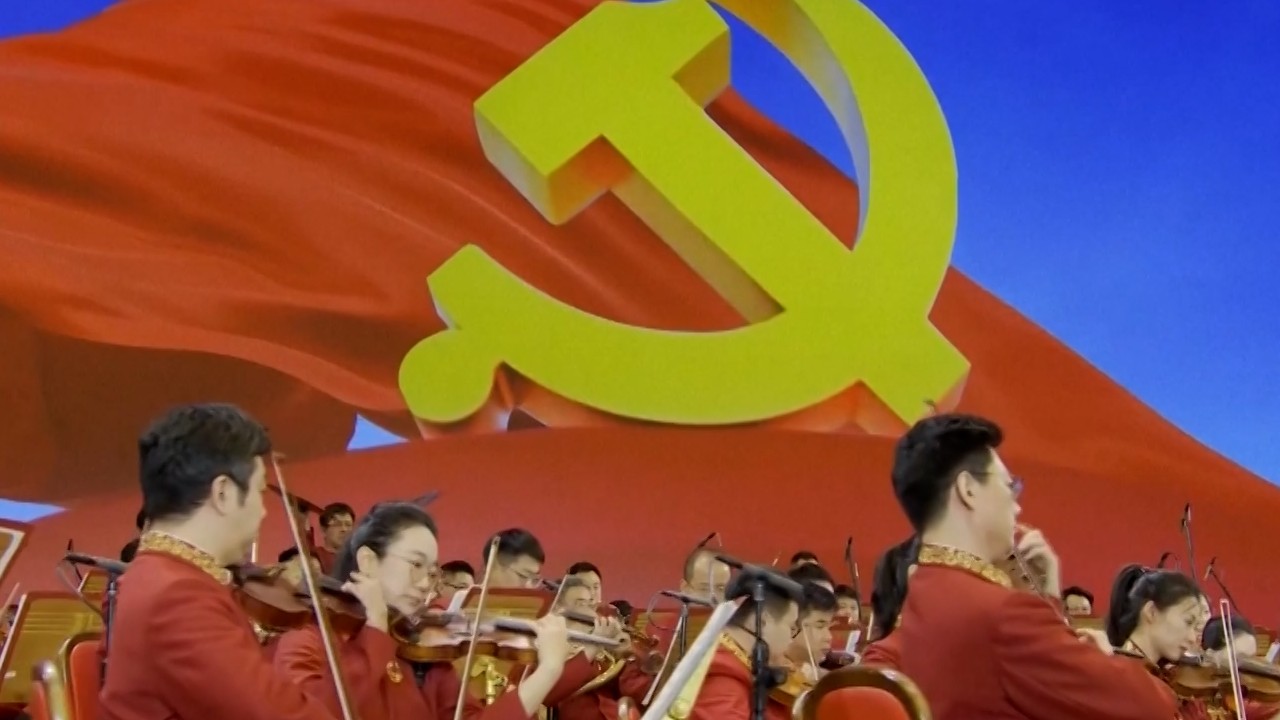China has unveiled new regulations to tackle “formalism” and reduce the burden on grass-roots officials to improve governance amid endless red tape.
The issue of formalism – characterised by excessive paperwork, meetings and inspections – has hindered the ability of local leaders to effectively do their job, according to the new regulations released by the General Office of the Central Committee and the State Council.
The regulations were created as a vital part of the party’s broader efforts to enhance governance quality and align with directives laid out by President Xi Jinping during the third plenum, a spokesperson from the General Office of the Central Committee told Xinhua on Monday, adding: “For the first time, it has established institutional norms in the form of intraparty regulations aimed at reducing burdens at the grass-roots level”.
This initiative responds to a long-standing problem in which junior party officials often feel overwhelmed by a barrage of meetings and extensive reports they must produce. These pressures have hindered Xi’s ambitions related to anti-corruption, revitalising the sluggish economy and rejuvenating the nation.
During last month’s third plenum, China also announced plans to improve mechanisms aimed at reducing “pointless formalities and bureaucratism”.
The published resolution emphasised the need to streamline meetings, documents and initiatives while curtailing community-level inspections and evaluations. It said there would be efforts to enhance the quality of research and make such activities less frequent.
“We will formulate lists of duties for towns and townships [urban subdistricts] and refine the long-term mechanisms for reducing their burdens,” it added.
The newly enacted document includes reforms to streamline documentation, limit meetings, revise assessment protocols and ease burdens imposed on local-level organisations.
New guidelines governing how local policy documents are created aim to keep tasks to a minimum. Additionally, the document advises against using unnecessarily complex evaluation systems or burdening officials with detailed criteria, allowing them to focus on taking policy action instead.
In April, the central working group tackling formalism and China’s top anti-corruption watchdog, the Central Commission for Discipline Inspection (CCDI), reported instances of junior cadres being burdened by bureaucratic tasks.
According to a report jointly released by the CCDI and a central working group tackling formalism, the education bureau conducted an unauthorised initiative in Changchun in Jilin province.
In 2023, the bureau changed the frequency of evaluations from every two years to annually and expanded the original 98 evaluation criteria into 179 scoring standards – resulting in some schools having to prepare around 1,000 review documents.
The Nanguan District Education Bureau even borrowed veteran teachers from primary and secondary schools to work in the bureau.
The same joint report said China’s state-owned pipeline giant PipeChina faced criticism for poorly coordinating meetings across departments.
In 2022, its headquarters ordered participation in more than 800 meetings. On average, the employees had to attend more than three meetings each work day.
Concerns about excessive meetings were raised to relevant departments last September, but their number further increased over the following six months.
“This high volume of meetings significantly consumed work time, prompting strong feedback from employees regarding the inefficiency and disruption caused by such practices,” the CCDI notice said.
The rules tighten the management of government-run social media accounts and applications to ease the pressure of preventing damage from zombie accounts, hackers and trolls.
Earlier this year, Beijing’s cyberspace watchdog ordered many local governments to shut down their social media accounts, once seen as a propaganda tool, amid budget cuts, institutional reforms and fatigue among the officials managing these accounts.
Additionally, stricter rules have been put in place to stop higher-level offices borrowing too many staff members from local units, including a broad range of public sector workers such as teachers.
He Xuefeng, a professor at Wuhan University specialising in rural governance, said higher-level departments often shifted responsibilities to grass-roots organisations while imposing stringent requirements, leading to chaos and confusion.
“Due to overly strict demands and excessive tasks from above, along with insufficient governance resources at the grass-roots level and many requirements that do not align with local realities, grass-roots organisations can only resort to formalism to cope with the bureaucratic demands of higher departments,” he wrote in an article published on Monday by the local media outlet Guancha.cn.
He said that in one example in Henan province, village officials reported that collecting rural health insurance fees was more challenging than collecting agricultural taxes.
According to He, the burden on farmers had increased significantly and many were not willing to pay. Last year, they had to pay 380 yuan (US$53) per person for the year, compared to just 10 yuan (US$1.40) previously.
To meet collection goals, higher-level health insurance departments rank grass-roots organisations based on their performance in collecting health insurance, often leading to punitive measures for those that fall short, he wrote.
This system “shifts the responsibility of fee collection onto village officials instead of allowing voluntary participation from residents”, creating significant frustration and confusion, He wrote.
In light of this challenge, the new regulations call for clear duty descriptions for townships and streets to ensure that the assessment of grass-roots work is based on defined responsibilities, preventing responsibilities being transferred from higher authorities.
Cai Qi, China’s No 5 official and Xi’s chief of staff, has emphasised the importance of ongoing reforms to reduce formalism. During a meeting on Tuesday, he urged officials to streamline inspections, evaluations and assessments to lessen the burden on grass-roots units, allowing them to focus more on “practical implementation”.




